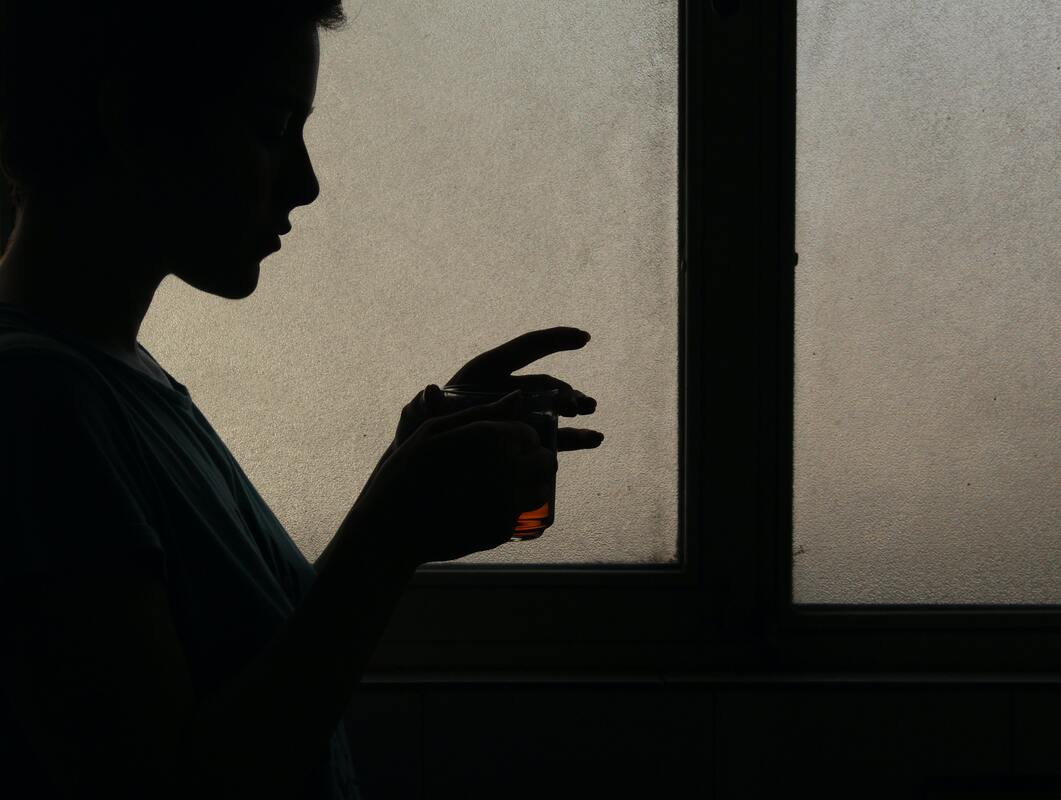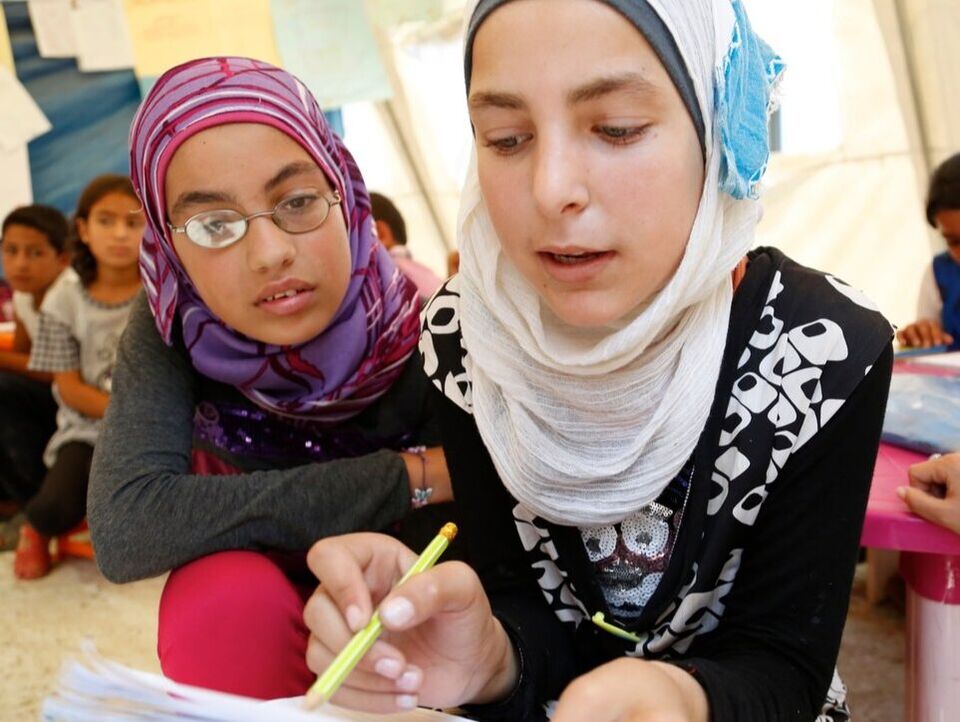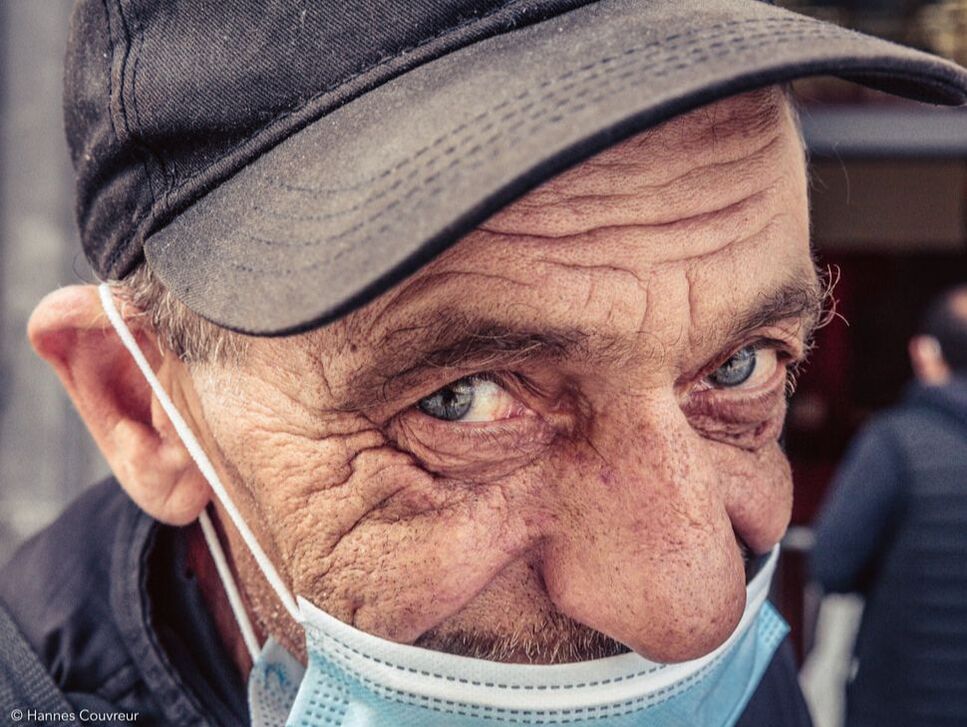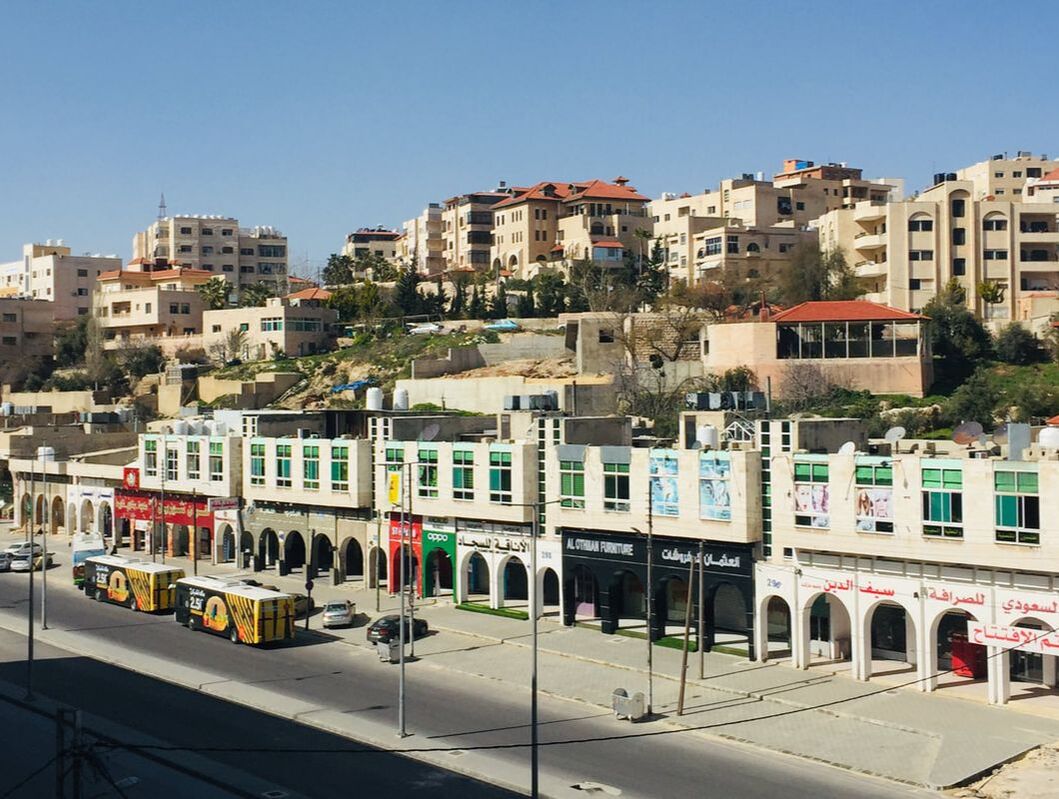COVID-19 shines spotlight on need for strengthened mental health response for asylum seekers28/9/2020
Caitlin Katsiaficas, George Washington University, USA
Many of us have been spending much more time at home, separated from friends and family members, to help curb the spread of the coronavirus pandemic. Movement restrictions and social isolation, along with fear and uncertainty about the future – perhaps coupled with financial stress – can all have important consequences for our mental health. This has led the World Health Organization (WHO) to call for an injection of funding for mental health services as part of the global COVID-19 response and recovery, while among the general public, the topic of mental health and wellbeing has received more attention. But although the pandemic has cast light on these challenges, they are nothing new for many migrants.
0 Comments
Mehr Mumtaz, Ohio State University, USA
COVID-19 has not affected all communities equally, and within the United States, racial and ethnic minority groups have been disproportionately affected by the virus. Reports indicate that immigrants and refugees, who constitute a large portion of the minority frontline workforce in healthcare, agriculture, and food supply chain industry, are at a higher risk of exposure to the virus. Although media and scholarship have hitherto focused on the public forms of marginalisation experienced by immigrant and refugee workers amidst the pandemic, such as their exclusion from healthcare coverage and financial relief measures, less attention has been paid to how the pandemic has reverberated along multiple dimensions of their private lives and domestic households. Within this group of people, refugee women face unique implications within complex systems of racial, cultural, national, religious, gender and class-based inequality in the country, and broader structures of gender inequality have especially exacerbated the vulnerability of refugee women and their families during the COVID-19 crisis. Refugee women in the United States typically work in client-facing low-wage jobs, which has threatened their paid employment due to closures of businesses in the country.
Mattias De Backer, Université de Liège, Belgium
This contribution is based on the testimonies of about 25 frontline workers who, despite the dangers associated with the COVID-19 pandemic, have continued to support vulnerable groups including: undocumented migrants, refugees, asylum seekers, young people in special youth care, homeless people, and overall, people in poverty. This research is part of a European, HERA-funded research project on 'The everyday experiences of young refugees and asylum-seekers in public space'.
Cevdet Acu, University of Exeter, UK
While the coronavirus has spread indiscriminately across the world, the negative effects have been felt differently, as COVID-19 has amplified conditions for some of the most vulnerable groups which, in Jordan, are mainly undocumented immigrant workers. Workers can lose legal status when they leave a permitted job for one in an underground economy, or become irregular workers because their visas allow residence but not employment. Undocumented workers are not fully protected by the legal regulations and are frequently exploited by employers through wage theft, sexual harassment and unsafe working environments. Unfair treatment such as low pay, inhumane work hours and denied payment for working overtime are regular occurrences in their lives, but beyond this, undocumented workers must now grapple with fears of transmitting COVID-19 and the restrictions that have come with it.
|
Identities COVID-19 Blog SeriesExplore expert commentaries curated by Identities surrounding COVID-19 and displaced migration, nationhood and citizenship, and more. Blog Categories
All
|
Explore Identities at tandfonline.com/GIDE |
|
The views and opinions expressed on The Identities Blog are solely those of the original blog post authors, and not of the journal, Taylor & Francis Group or the University of Glasgow.




